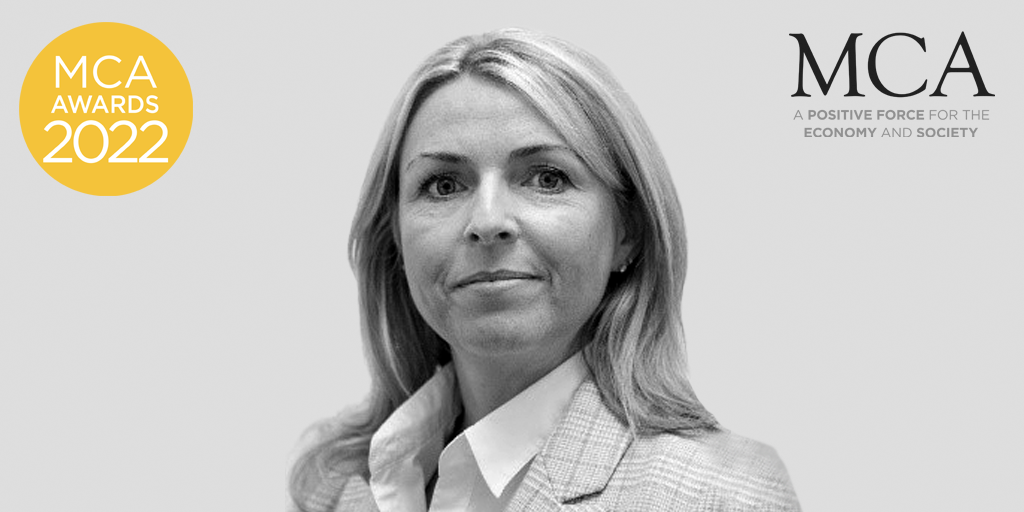The ChMC award accreditation process challenges us to qualify what kind of impact we have had – ideally to measure it where that is possible said Dr Ann Bicknell, Senior Consultant at Arup.
What attracted me to the Chartered Management Consultant accreditation is its focus on ‘impact. For me this goes further than delivering outputs to a scope; it includes changing thinking and practice in-house. I believe that one of the weaknesses of our profession – one I am very proud to be part of – is that we don’t interrogate the results of what we do with our clients, nearly enough. For too many of us, being complimented by a client at the end of a project is regarded as ‘success’. But that in itself is not enough to show real impact. It might even indicate the opposite.
Here Dr Ann Bicknell from Arup share her perspectives:
All of us in the profession are – hopefully – very clever. We occupy a privileged position from which to be helpful. It should not be a surprise if we say clever things and come up with ingenious ideas. So that really is level one of being a management consultant. It would be odd if we couldn’t do that. The real measure of success is in questioning if we did manage to change behaviours over the medium and long term? Or to increase the touchpoints that drive the right ones? Or to change the wiring in the business to be coherent with its future ambition as well as short-term results?
Results for the client? That is what matters. Evidence or insight that is capable of fuelling different kinds of decision making. Intelligence that provokes real change and real-world impact, defined in their context not only in ours.
That is why I believe in Chartered as a provocation towards better management consulting services. It is the accreditation process that really does challenge us to qualify what kind of impact we have had – ideally to measure it where that is possible. Provocations for impact encourage a broader ‘systems’ view of the difference we make to our client organisations and surely, this is the differentiator that we should be paying deliberate attention to. Impact puts a different focus into our minds, over and above being ‘busy’ or delivering ‘work to scopes’. The greatest value you can sometimes add is in identifying what people should stop doing! And enabling leaders to authorise that permission.
There are buckets of training or improvement programmes out there that you can buy that doubtless can teach you many useful skills and techniques. But the evidence shows us that most of this will not transfer into practice. I believe that being recognised as Chartered is the one that matters because of its focus on being able to judge the difference you make in terms of impact.
Let’s be honest, management consultants’ services can be expensive. Some clients – by the fact they want and need our services – often don’t know how to evaluate what we do. They might know they have a need, but they don’t necessarily know how to challenge our performance in meeting that need. Particularly when it requires something they think is ‘too hard’.
That is why we must review our impact. After we have completed our work, does the client go on to do things they would not have been capable of before they asked for our input?
Have we added long term capability that would not have been there without us? Becoming a management consultant is not a destination it is a starting point. And a client engaging you should be the starting point for them becoming better.
The journey to Chartered puts how you do what you do into context – and challenges you to understand if it was deliberate and if it was any good. And for that it puts the whole profession in a better context.
For more information on the Associate award, go to www.mca.org.uk/chartered-management-consultant-award

